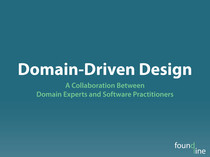A colleague of mine recently introduced me to the concept of social capital. Many organizations these days value human capital but I’m not sure how many value the social contacts between people involved in the organization. This raised the following question for me: I wonder how much of the success around free/open source software projects can be attributed to the generation of social capital? There are all sorts of technical reasons people will give as to why free/open source software is “better” than proprietary software but has anyone looked at it from a social perspective? I wonder if this is the real importance of Stallman’s four freedoms – that they provide the opportunity for the creation of social capital?
I did some Googling and discovered an academic paper called The Influence of Structural Social Capital on Open Source Project Success. It was very interesting but I must admit I didn’t read all of it as it gets rather technical towards the end. Here is a summary of the results:
Our main results are (1) teams with greater internal cohesion are more successful, (2) external cohesion (cohesion among the external contacts of a team) has an inverse U-shaped relationship with the project’s success; moderate levels of external cohesion are the best for a project’s success, rather than very low or very high levels of this variable, (3) the technological diversity of a contact also has the greatest benefit when it is neither too low nor too high, and (4) the number of direct and indirect external contacts are positively correlated with a project’s success with the effect of the number of direct contacts being moderated by the number of indirect contacts.




